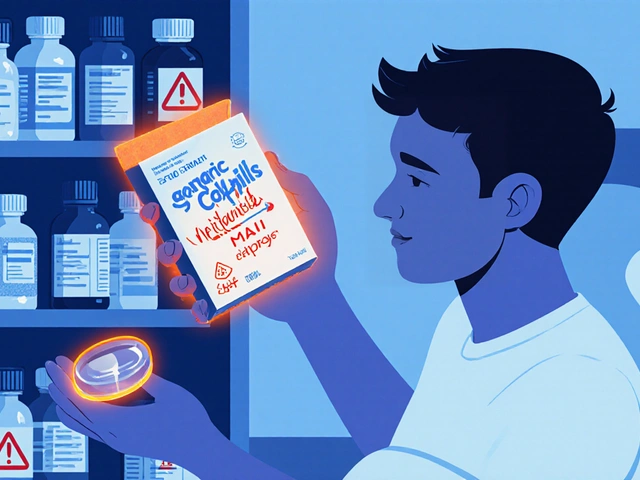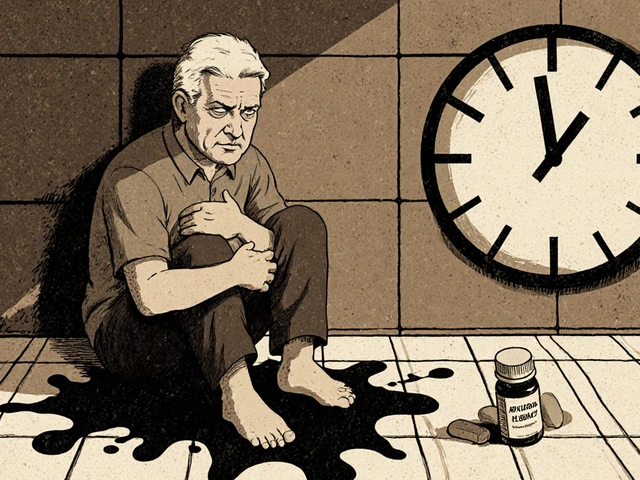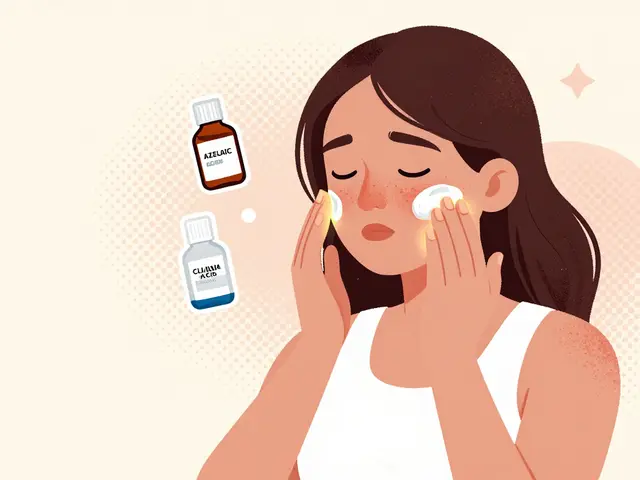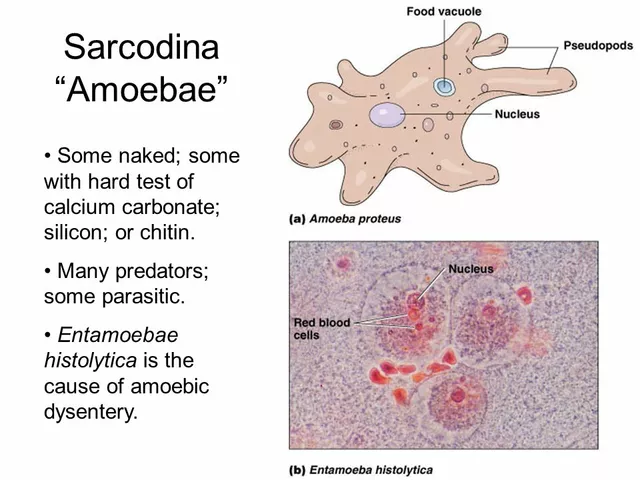Free Radicals: What They Are, How They Hurt You, and What You Can Do
When your body turns food into energy, it produces free radicals, unstable molecules with unpaired electrons that seek out other molecules to steal electrons from. Also known as reactive oxygen species, these tiny particles are a normal byproduct of metabolism—but too many of them cause serious harm. They don’t just sit around. They attack your cells, damage DNA, break down collagen, and mess with your mitochondria—the energy factories inside every cell. This damage is called oxidative stress, an imbalance between free radicals and your body’s ability to neutralize them. It’s not science fiction. It’s why your skin wrinkles, your joints ache, and your risk for heart disease and diabetes goes up as you age.
Free radicals aren’t all bad. Your immune system actually uses them to kill bacteria and viruses. The problem comes when your body makes too many—or when you don’t have enough antioxidants, molecules that donate electrons to stabilize free radicals without becoming unstable themselves to stop them. Things like smoking, pollution, processed foods, excessive sun exposure, and even chronic stress crank up free radical production. Meanwhile, eating low-quality food or skipping fruits and veggies cuts your antioxidant supply. It’s like having a fire in your body and no water to put it out.
Here’s what you won’t hear from supplement ads: popping antioxidant pills won’t fix a bad diet. Studies show that getting antioxidants from whole foods—like blueberries, spinach, nuts, green tea, and dark chocolate—works better than pills. Why? Because food gives you a mix of compounds that work together. A single vitamin C tablet doesn’t replicate what’s in an orange. And while some medications and supplements can help manage conditions linked to oxidative stress—like statins for cholesterol or GLP-1 agonists for weight loss—they don’t replace the need to reduce the fire in the first place.
You won’t find a magic bullet, but you can tilt the balance. Sleep well. Move daily. Cut out sugar and fried foods. Protect your skin from UV rays. These aren’t just "good habits." They’re direct ways to lower free radical damage. The posts below show how this plays out in real life: how statins like rosuvastatin and simvastatin affect your cells, how caffeine triggers bladder stress, how omeprazole changes your gut chemistry, and how gout flares are tied to inflammation fueled by oxidative stress. This isn’t theory. It’s what’s happening inside your body right now—and what you can actually do about it.
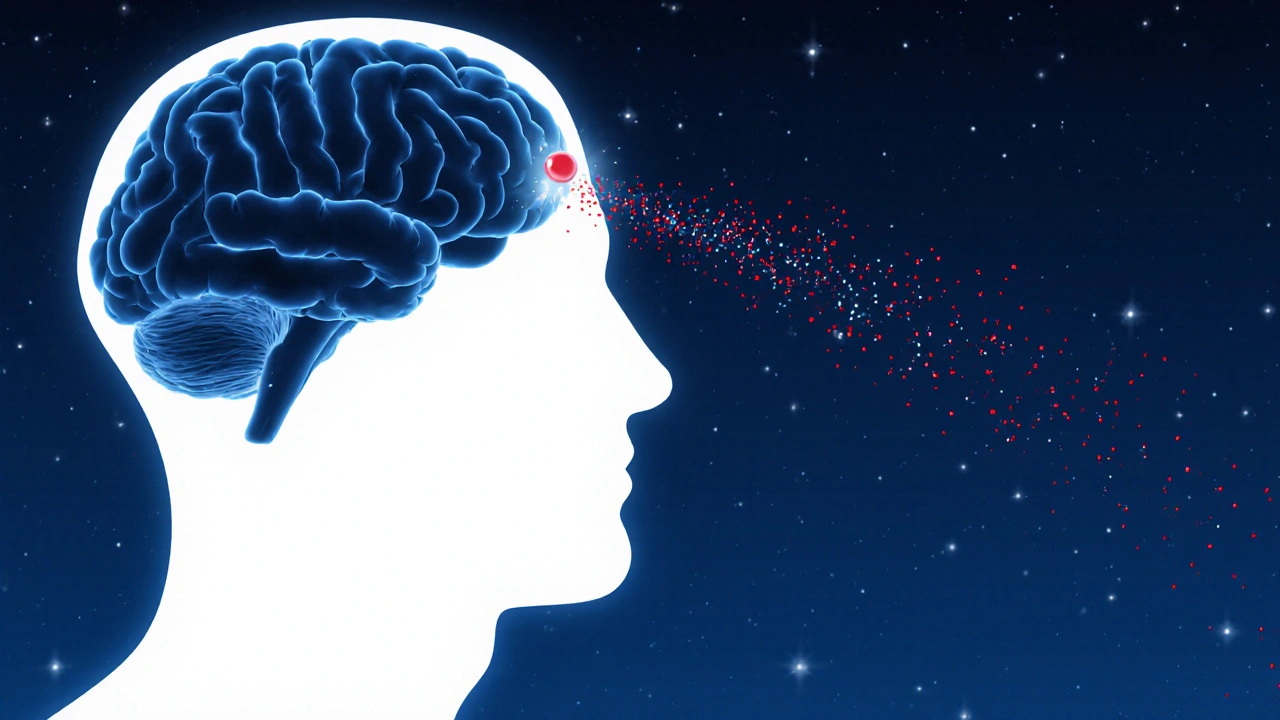
Explore how melatonin acts as both a sleep hormone and a powerful antioxidant, its role in fighting free radicals, and practical ways to boost this dual benefit.
Continue Reading

